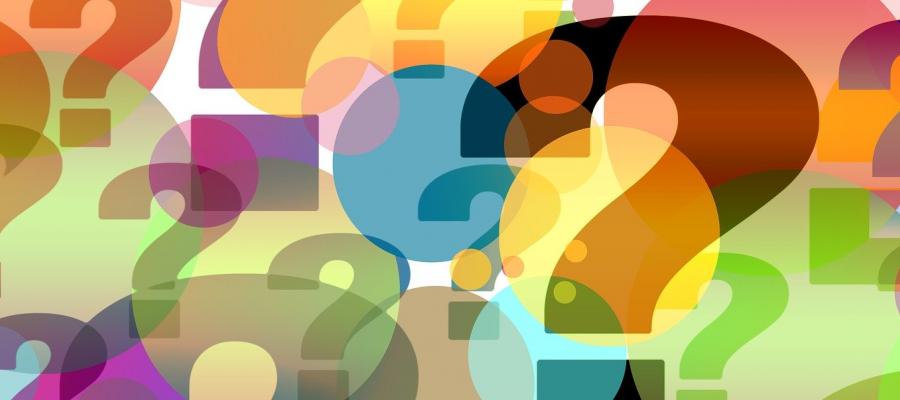(Why) Money Matters
Apr 26, 2020Money, they say, does not buy happiness; but having none can make life extraordinarily hard. Whether we have a little or a lot, we are ...

Listener Alicia in Berkeley had a question following our recent broadcast of (Why) Money Matters with guest Graham Hubbs from the University of Idaho. She writes:
My question is if the government prints money which is just pieces of paper to buy goods and services (through employment program) does not that money then take on an intrinsic value? How does that impact your guest’s theory of the deficit? And isn’t there a problem once the cost of servicing national debt exceeds GDP?
We put the question to Graham and he had the following answer:
The questions asked here can, and I think should, be kept separate from one another. When the government “prints money,” be it by actually printing notes or by adding reserves through keyboard strokes on the computer, it creates something with value. Is that value “intrinsic”? This depends on what the relevant intrinsic/extrinsic distinction is. The kind of value that is internal to its mode of production is its value to discharge debts to the state. If the relevant state is sufficiently politically and economically strong, what is produced will also have market value—that is, it will also have exchange value, which will allow it to be used to purchase commodities. For further reading on this topic, I recommend Part III of Alexander X. Douglas’s The Philosophy of Debt. The early chapters of David Graeber’s Debt: The First 5000 Years are also potentially helpful.
As for the question about debt/GDP ratio, this has historically been something economists worried about, but recent macroeconomic conditions and phenomena are challenging that old concern. Japan has been running a high debt/GDP ratio for years and does not appear at threat to collapse. On this issue, I recommend this article by Stephanie Kelton that was just published in the Financial Times.
Thanks, Graham, for taking the time to answer that question. And thanks to Alicia for asking it.
If you have a question that did not get answered during one of our episodes, feel free to submit it to us at comments@philosophytalk.org and we might just feature it on the blog!
Comments (4)
agotrackball
Thursday, January 18, 2024 -- 12:43 AM
If the state in question isIf the state in question is strong enough politically and economically doodle cricket, the products will be valuable in the market.
donna1205
Thursday, September 26, 2024 -- 2:47 AM
The key to Slope Unblocked isThe key to Slope Unblocked is time and accuracy. In this never-ending game, navigate the slope, stay clear of hazards, and discover how long you can last.
RandyGuerra
Thursday, December 26, 2024 -- 2:01 AM
This article raises someThis article raises some thought-provoking points about the relationship between money and happiness. While it's clear that financial stability can alleviate stress, the idea that more money equals more happiness is overly simplistic. True fulfillment often comes from meaningful experiences and relationships rather than material wealth. If talking about gambling, you can lose some money but receive a joy of playing games and trying your luck! I choose non Gamstop betting via https://nongamstopbetting.info/uk/ for the best gaming options! It’s essential to find a balance and recognize what truly enriches our lives beyond just accumulating assets. Great read—thanks for sharing these insights!
qdqwde42342
Monday, March 31, 2025 -- 3:39 PM
Hey everyone! I foundHey everyone! I found luckyonezcаsіno.com after seeing an ad online, and I decided to give it a try. I was initially attracted to the live games, especially . I spent a few hours playing, and I’m happy to report that my luck turned around. The gameplay was smooth, and I was able to win a decent amount. The platform is also Aussie-friendly, with quick options. If you’re looking for a hassle-free experience, I recommend giving this site a try.